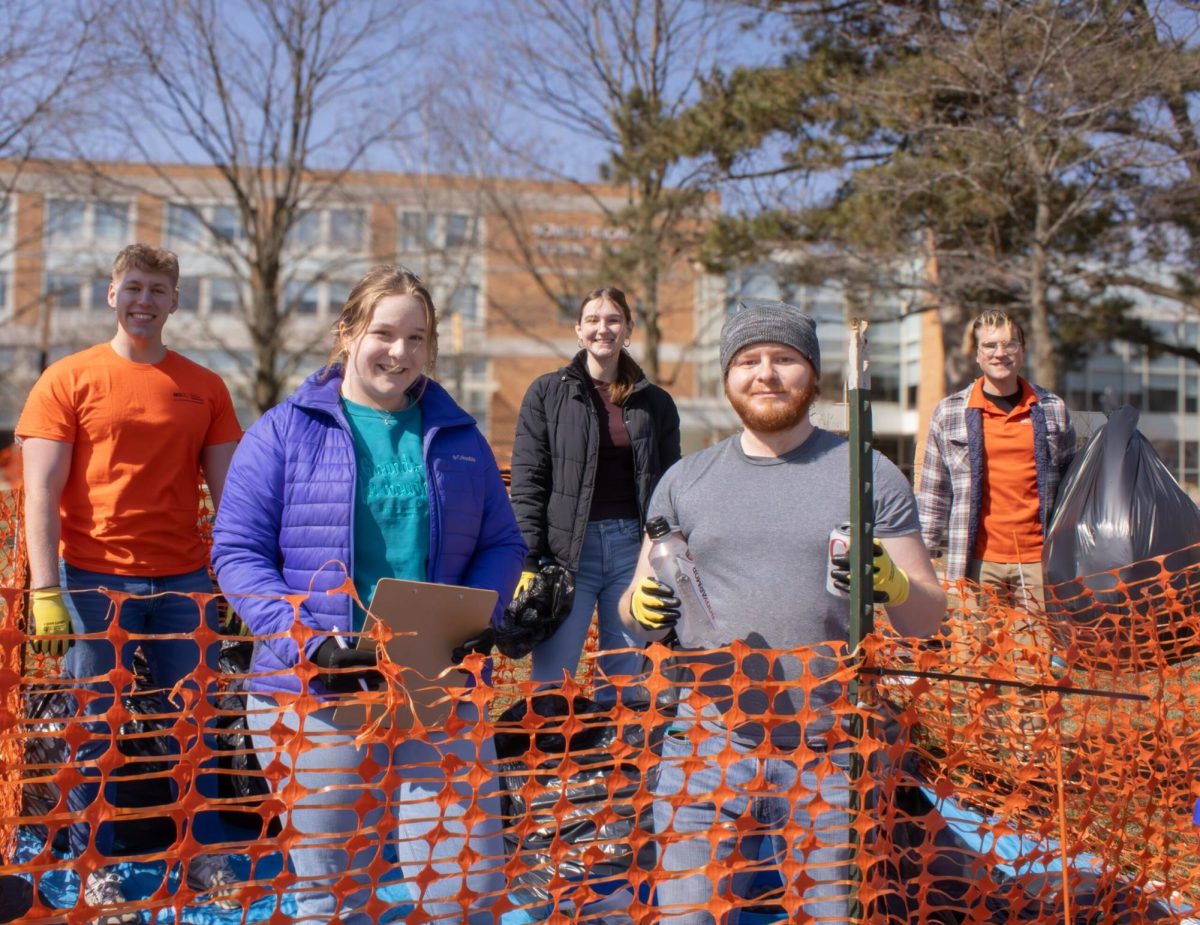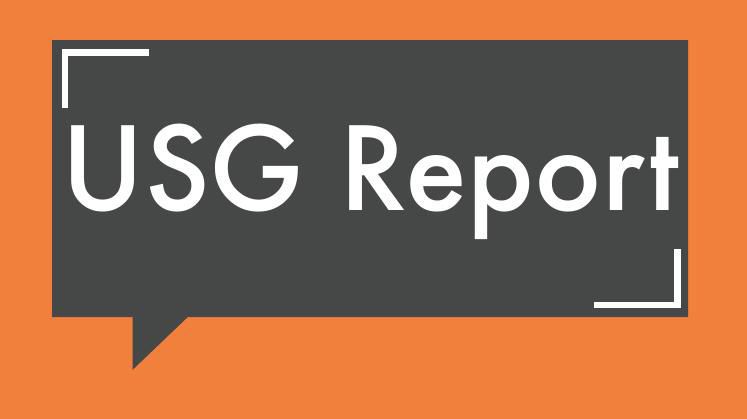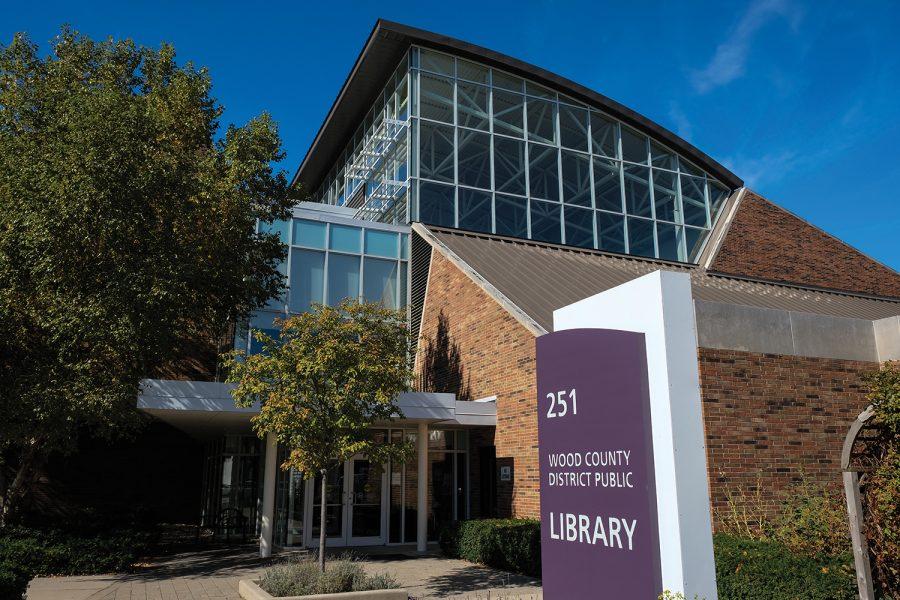On Tuesday, the Faculty Senate met for their first meeting of the 2016-2017 academic year. Once a month, the Faculty Senate brings together over 60 faculty members from across the campus. For over two hours the senate members have the attention of both the president and the provost of the University.
Senate chair Rachelle Kristof Hippler began the meeting with a thank you to the senate members, and proceeded to outline their major goals for the year.
“My goals for the year include refocusing the senate’s attention on teaching, learning and professional development,” Kristof Hippler said.
The senate’s members met for a senators’ retreat to jumpstart their commitment to the University’s overall success.
Kristof Hippler introduced guest speaker Matthew Pellish of the Education Advisory Board (EAB). His presentation was intended to help the senate decide exactly what their role in the University would be.
“What if other universities looked to our senate for guidance on how to run their senates,” Kristof Hippler said.
Prior to the guest speaker, President Mary Ellen Mazey made some positive comments on the state of the University.
“Our headcount as of the fifteenth day, today, would be 19,812. That’s a 3.3 percent increase,” Mazey said. “It’s the third year in a row that we’ve admitted the best academically prepared class in the University’s history.”
This year’s freshman class cumulatively had a 3.4 grade point average and a 22.8 ACT. The president went on to congratulate recruiters and admissions staff for their work. The increase in enrollment ensures the University will have adequate funds in their 2016-2017 budget.
After the president and other senators spoke, Pellish began his presentation on the issues higher education is facing in the United States. He outlined some of the statistics surrounding higher education, like the $1.1 trillion in student loan debt United States students collectively have. Comparatively, there is currently $660 billion in credit card debt.
The senate plans to use the questions and concerns this presentation unearths to plan future senate meetings.
“One (issue) that comes up a lot is the sustainability of higher education,” Pellish said. “Will we be here as an institution in five years, in 10 years, in 20 years?”
Citizens are questioning whether or not college is worth it as the United States comes out of the last recession, he said. Only one third of recent graduates believe that their education was worth the cost.
“There’s a lot of value to what we do. There’s a lot of great things that are the outcome of higher education,” Pellish said.













